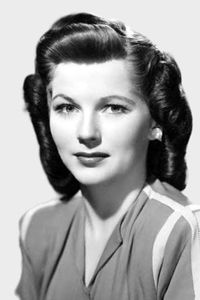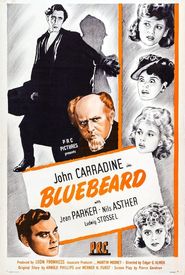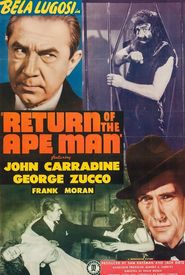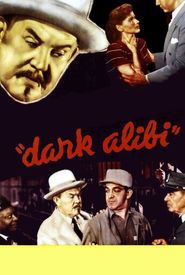Teala Loring, a talented and charismatic B-movie actress, was born Marcia Eloise Griffin in Denver, Colorado, as the eldest of five siblings. Her mother, a vaudeville dancer, comedienne, and nightclub singer, billed herself as Marguerite "Maggie" Gibson. Growing up in a show business environment, Marcia made her stage debut at the tender age of three.
At 17, her family relocated to California, and the following year, Marcia became a Paramount starlet under the name Judith Gibson. However, a producer's suggestion led to a name change to Teala, a "good Irish name" that was rarely used.
Teala's early career consisted of ornamental bit parts in films like Holiday Inn (1942),The Powers Girl (1943),and Double Indemnity (1944). She took a brief break to act on Broadway in Let's Face It with Danny Kaye before deciding not to renew her contract with Paramount.
This marked the beginning of her transition to Poverty Row, where she appeared in genre films for studios like Sam Katzman's Banner Pictures, PRC, and Monogram. She was third and fifth-billed, respectively, in Delinquent Daughters (1944) and Return of the Ape Man (1944),alongside Bela Lugosi.
Teala found a comfortable niche in assorted franchises, including the Bowery Boys, Charlie Chan, and the Cisco Kid. She appeared alongside fading star Kay Francis in Allotment Wives (1945) and in the lurid Black Market Babies (1945),which was touted as "an exciting tale of crime and corruption."
Towards the end of her career, Teala made two westerns despite her initial reservations about horses. After retiring from acting in 1950, she devoted herself to raising a family of six children, eventually adding 15 grandchildren to the mix.
Tragically, Teala Loring died in 2007 at the age of 84, succumbing to injuries sustained in a traffic collision.





































